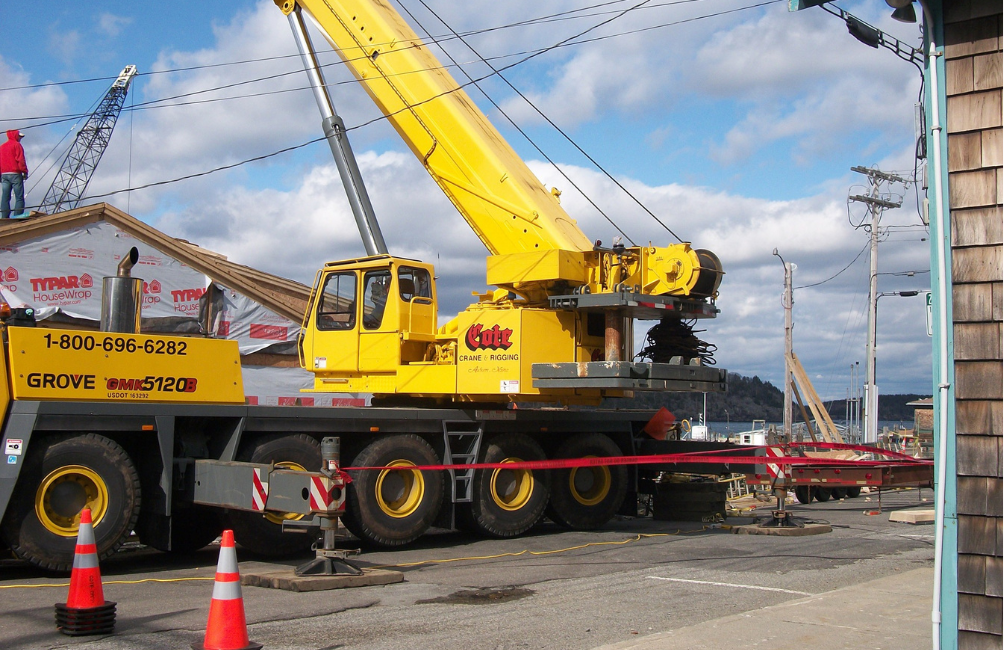The EPA and DOJ announced a settlement with Manitowoc Company, Inc. and subsidiaries for Clean Air Act violations: importing/selling 1,032 uncertified non-road diesel engines (2014–2018). Manitowoc will pay a $42.6 million penalty and retrofit a diesel locomotive to zero-emission standard in Sparrows Point, MD, with benefits to overburdened communities.
News
United States | Crane company to pay $42.6 million for Clean Air Act violations
Barbour EHS
1 min read

– Accurate at time of publication | January 2025
- « Back to News

Sign-up to the Barbour Monthly Newsletter
Get the latest Health, Safety and Environmental news and information – sign up for updates from Barbour EHS.
What you’ll get:
- Free downloads including Directors’ Briefings, legislation updates, webinars, risk assessments and more
- VIP invites to events
- Important industry news and updates
- Invitations to hot topic webinars hosted by Barbour
- Industry partner information


